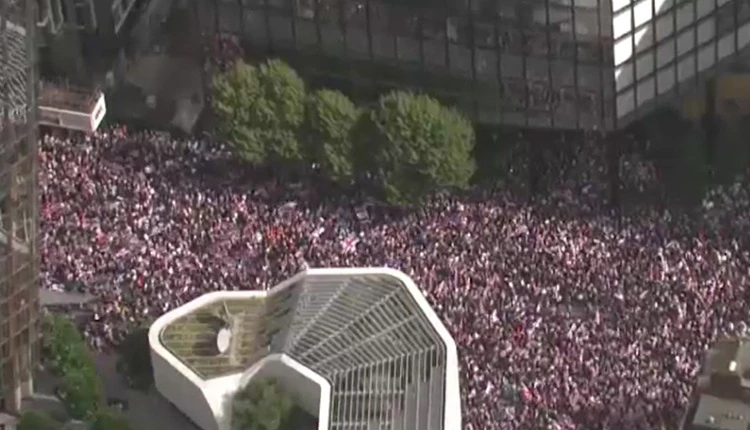New Delhi: Nepal’s swift announcement of elections on March 5, 2026, just a day after forming an interim government, stands in stark contrast to Bangladesh’s prolonged delay in setting poll dates, highlighting divergent democratic trajectories in South Asia.
While Nepal and Sri Lanka swiftly transitioned to elections post-political upheavals, Bangladesh grapples with internal discord and reform demands, stalling its electoral roadmap.
In Nepal, President Ramchandra Paudel dissolved the 275-member parliament on September 13, 2025, and appointed former Chief Justice Sushila Karki as interim leader after Prime Minister KP Sharma Oli resigned on September 9 amid Gen Z-led protests. The country’s robust democratic framework and political consensus enabled the rapid scheduling of polls, with the Election Commission primed for action. Nepal’s history of resilient institutions ensured a seamless transition, offering a five-month runway to elections.
Sri Lanka, too, showcased efficiency after the 2022 ousting of President Gotabaya Rajapaksa due to economic turmoil and protests. By July 20, 2022, parliament elected Ranil Wickremesinghe as interim president, paving the way for Anura Kumara Dissanayake to win on September 21, 2024, within two years and two months. Constitutional clarity and timely processes drove this success.
Conversely, Bangladesh’s interim government, led by Muhammad Yunus since August 7, 2024, faces a quagmire following Sheikh Hasina’s resignation. Despite Yunus initially targeting June 2026 for elections and later proposing February 2026, political disagreements and the push for sweeping reforms in the constitution, judiciary, and electoral system have muddled timelines. The failure of multiple commissions tasked with these reforms to deliver has delayed progress. Yunus insists on a strong foundation to avoid reverting to past authoritarian patterns, but political parties are split, with some demanding immediate polls.
Tensions with the military and public frustration further complicate Bangladesh’s path. Experts warn that rushed elections could entrench old power structures, yet the absence of a clear timeline fuels unrest. Nepal’s and Sri Lanka’s streamlined transitions underscore Bangladesh’s challenges, where institutional weaknesses and reformist zeal clash with political urgency.



Comments are closed.